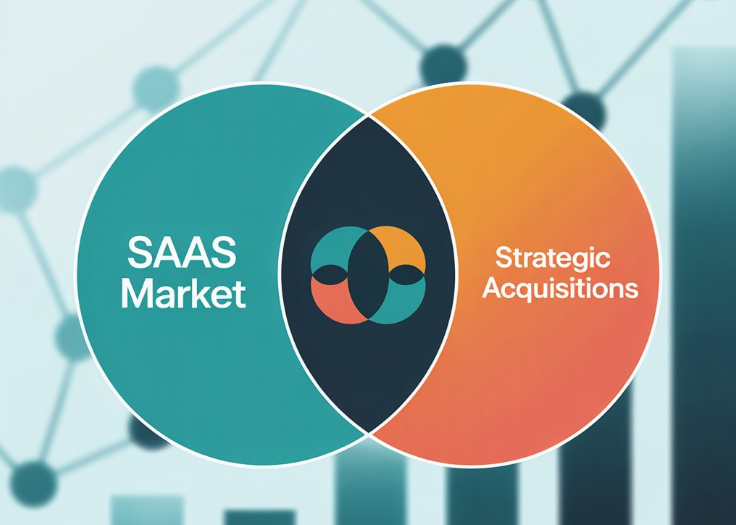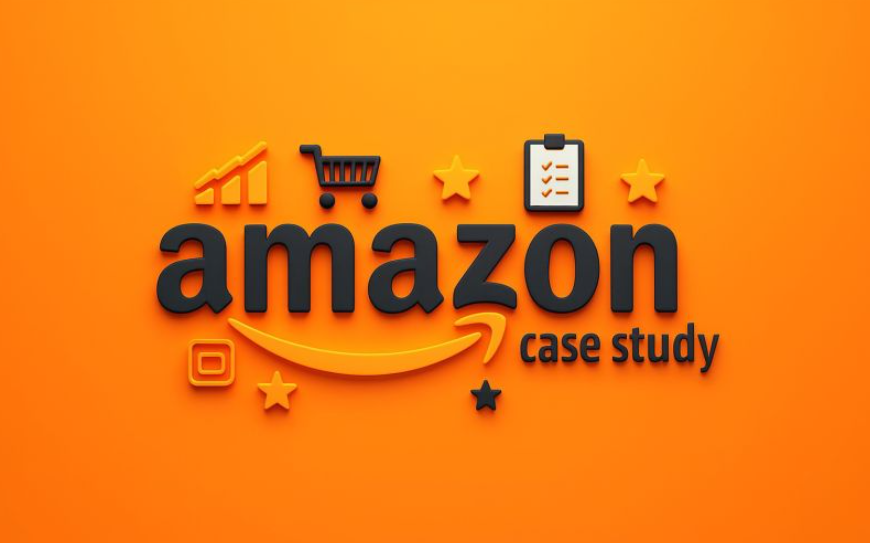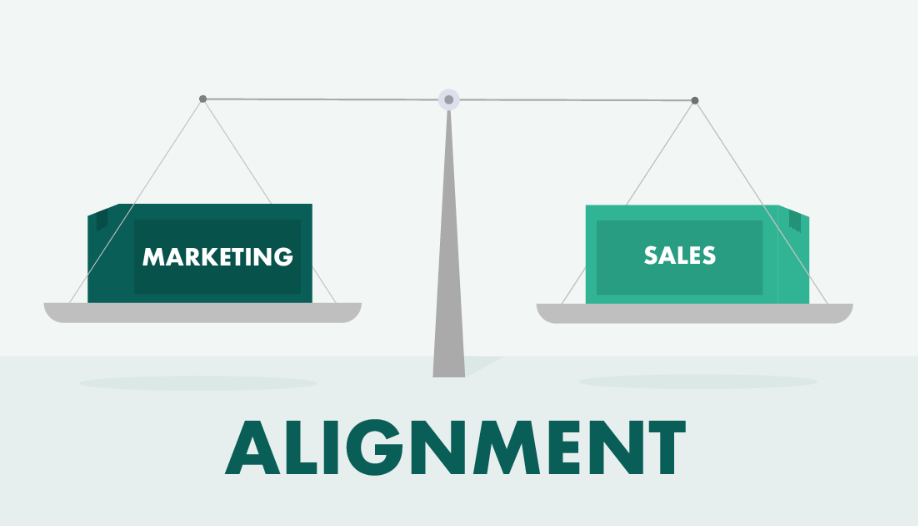Introduction
A new report forecasts significant growth in U.S. B2B data spending through 2025. Marketers are doubling down on data quality, enrichment, and integration rather than sheer volume. With privacy regulations tightening and buyer expectations rising, the mantra of “more data is better” is being replaced with “better data is smarter.”
Why It Matters for B2B
Data is the backbone of targeting, personalization, and measurement. But poor-quality or noncompliant data wastes spend and damages trust. In an era where AI models rely on clean inputs, the focus has shifted toward first-party data and enrichment strategies.
Key Developments
- Projected double-digit growth in B2B data spending.
- Shift toward investments in hygiene, enrichment, and consent management.
- AI-driven enrichment and segmentation becoming standard practice.
- Declining reliance on third-party data due to regulatory changes.
Cross-Functional Implications
- Marketing: Cleaner data improves targeting accuracy and ROI.
- Sales: Better-qualified leads reduce wasted outreach.
- Finance: More predictable campaign efficiency.
- IT/Compliance: Stronger governance frameworks needed.
Strategic Recommendations
- Audit your data pipelines for accuracy, recency, and compliance.
- Invest in enrichment partners who can validate and expand first-party data.
- Align compliance and legal teams to build scalable consent frameworks.
- Use AI-driven models only on verified, structured datasets.
Risks and Challenges
Overspending on enrichment without tying it to clear business outcomes could limit ROI. Misalignment between sales and marketing data can still cause inefficiencies. And regulatory fines remain a risk for organizations using unauthorized data sources.
Conclusion
B2B companies are learning that smarter data, not bigger data, drives growth. Investments in enrichment and compliance today will pay dividends in customer trust and campaign performance tomorrow.






